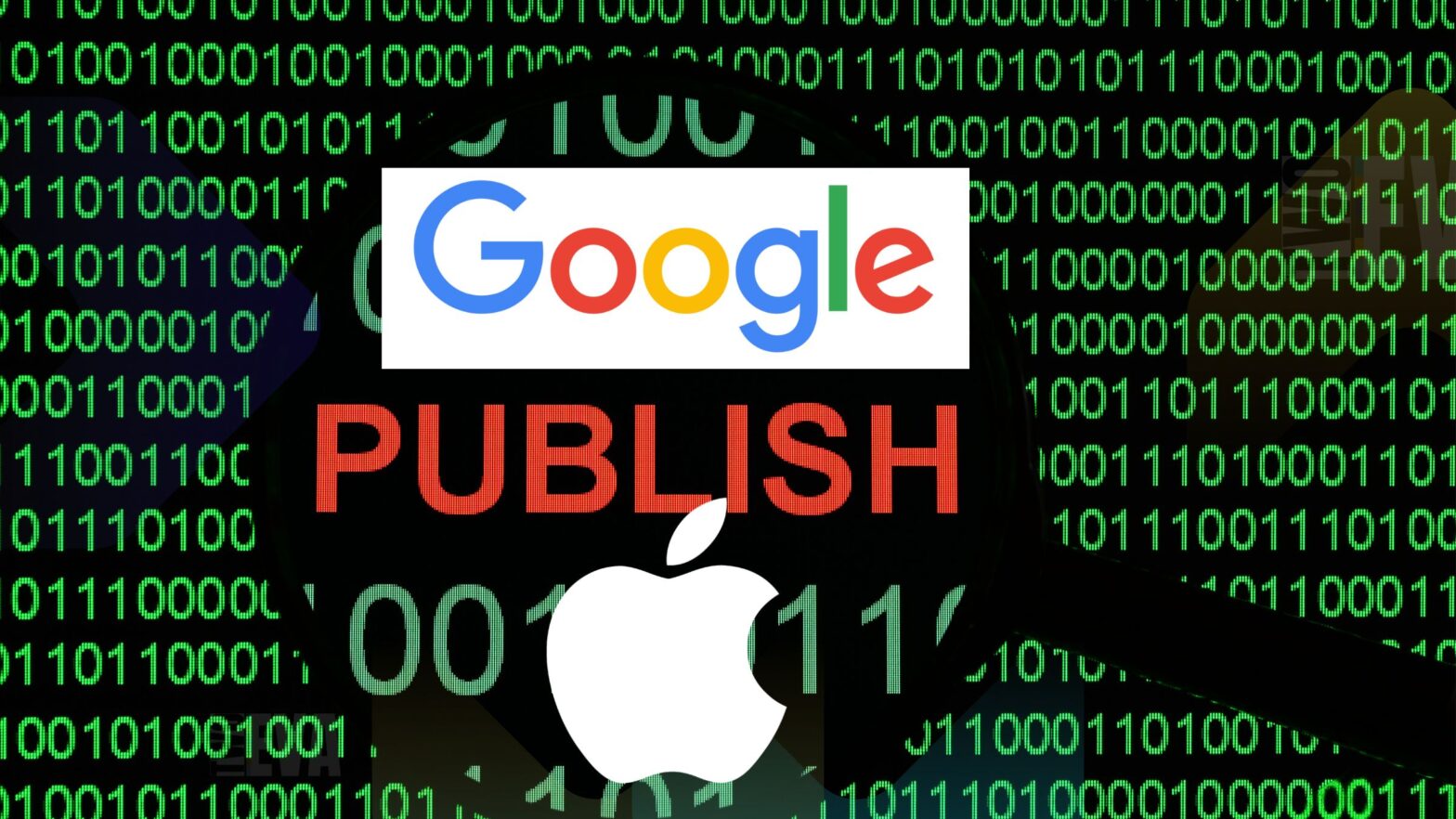The BBC has formally accused Apple and Google of diminishing the value of its content by displaying it on their platforms in ways that obscure the broadcaster’s role as the original source. The dispute, now under review by the UK’s Competition and Markets Authority (CMA), centers on how news and podcasts are aggregated on services like Apple News, Google News, and virtual assistants such as Siri. The BBC argues that this lack of clear attribution weakens its brand recognition—a critical factor in maintaining public support for its licence fee funding model.
Why does this matter? For the BBC, nearly two-thirds of its income comes from licence fees paid by UK households. If audiences no longer associate high-quality journalism with the BBC due to opaque aggregation practices, the broadcaster risks losing the public’s willingness to fund it. As one industry analyst put it, ‘When users see news via Siri or Google News, they often don’t think about who produced it—they just consume it.’
The Backstory: A Growing Tension Between Big Tech and Public Broadcasters
This standoff didn’t emerge overnight. Over the past decade, digital platforms have become dominant gatekeepers for content distribution, while traditional broadcasters like the BBC face financial strain. The BBC’s budget, for instance, has shrunk by £1 billion in real terms over 15 years, even as streaming services and tech giants gain more influence. Recent controversies, such as Apple’s use of AI-generated summaries that sometimes misrepresented original reporting, have only heightened tensions.
Public broadcasters aren’t alone in this struggle. Legacy newspapers faced similar challenges years ago, relying on external platforms for reach but losing control over branding and revenue. The BBC’s complaint to the CMA reflects a broader pushback against what some see as an imbalance of power. ‘This isn’t just about credit—it’s about sustainability,’ a BBC spokesperson noted. ‘If people don’t know where their news comes from, they won’t value it.’
How Aggregation Practices Impact Brand Attribution
At the heart of the issue is how platforms bundle content from multiple sources into a seamless interface. While convenient for users, this approach often sidelines original creators. For example:
| Platform | Aggregation Method | BBC’s Concern |
|---|---|---|
| Apple News | Curated feeds with minimal source branding | Users may not realize BBC produced the content |
| Google News | Algorithmic summaries with limited publisher visibility | Reduces direct traffic to BBC’s website |
| Siri/Google Assistant | Voice responses that don’t emphasize source | Weakens audience association with BBC |
The BBC isn’t asking for removal from these platforms but rather clearer attribution. ‘We want our journalism to reach as many people as possible,’ said a BBC executive. ‘But when tech companies present our work as just another piece of content in their ecosystem, it erodes trust in our brand.’
Will Apple and Google Change Their Practices?
The question now is whether tech giants will adjust their crediting policies. Neither Apple nor Google has publicly responded to the BBC’s CMA complaint, but past disputes suggest compromise is possible. In 2023, Google agreed to tweak its News Showcase product in Europe after similar pushback from publishers. Apple, meanwhile, has faced criticism for its opaque algorithms but has made small concessions, like adding publisher logos in Apple News.
Could this be a turning point? The CMA’s involvement adds weight to the BBC’s demands, but regulatory processes move slowly. For now, the standoff highlights a growing reckoning over who benefits most from content aggregation—and who pays the price. As one media expert noted, ‘If public broadcasters can’t maintain their identity in the digital age, we all lose something vital.’














